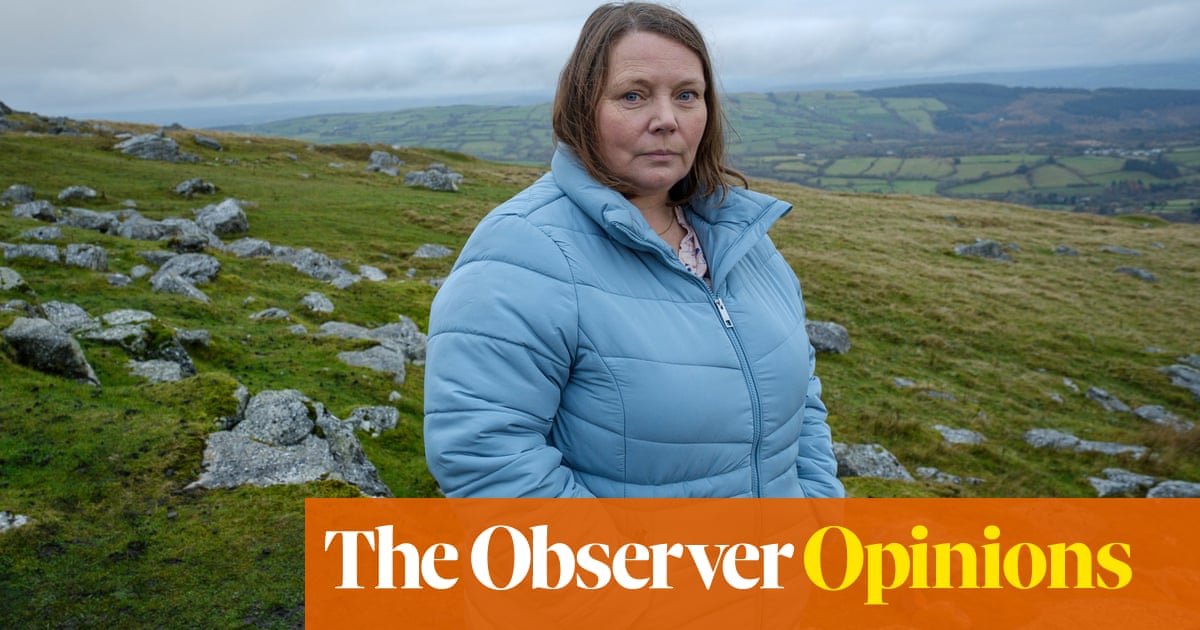
Being locked inside our homes for months and deprived of our daily routines such as shopping, having drinks with friends, traveling, etc. has beyond doubt exhausted many of us. Many of us have had worries about our health, family, work, and future. While 2020 brought various new challenges to our lives, there are millions who have been going through the same challenges for years. These people are right in front of our eyes, but they are unfortunately invisible to most people.
While we became fed up with being confined to our homes for a few months, there are millions of refugees and internally displaced people who wish only to have a safe place to sleep and a hot meal in a house. 2020 has multiplied the existing difficulties faced by these people. While the coronavirus (COVID-19) pandemic-torn year caused psychological issues for many people due to the fear of contracting the virus, most refugees have already experienced considerably more trauma than the average person, and many have chronic health conditions as a result.
This global health crisis has once again shown that when fear comes knocking on people’s doors, desperate refugees struggling to survive on the margins of society are the first to be forgotten. There were refugees in the world before 2020, and unfortunately, there will be long after. As the new year begins, how has the year passed in terms of refugee matters, and what lessons must be learned?
The pandemic has affected resettlement programs, with 168 countries fully or partially closing their borders at the height of the crisis. According to reports, approximately 90 of those nations made no exception for those seeking asylum, and some have pushed asylum seekers back to their countries of origin. Also, the International Organization for Migration (IOM) and the UN High Commissioner for Refugees (UNHCR) announced that they had temporarily suspended the resettlement travel for refugees.
Among the lessons to be learned are that the COVID-19 pandemic should not be used as an excuse to enforce deadly migration policies.
Sinem Cengiz
Due to the pandemic and subsequent economic crises, international support for aid organizations working with refugees has also seen a decline, with aid organizations reporting significant cuts to their budgets. Countries have directed their resources domestically rather than internationally, thus cutting their aid to refugees at the worst possible time when those people are not only still at risk of losing their lives to conflict, maltreatment, or bad weather conditions, but also face the added threat of COVID-19.
Refugees and internally displaced people are particularly vulnerable to the virus, along with many other diseases. The UNHCR reports that globally, 21,000 of the world’s 30 million refugees have tested positive for COVID-19 in 97 countries. The end of the year has also brought two saddening incidents. More than 300 refugees were forced to flee when their camp in northern Lebanon was set ablaze following clashes between two groups, the UN, and Lebanese officials.
The UNHCR said that a huge fire had broken out in a camp housing about 75 families, in Al-Miniyeh region. Lebanon said it hosts some 1.5 million Syrians, including about 1 million registered as refugees. Authorities have called on refugees to return to Syria even though rights groups warn that the war-torn country is still not safe.
Another migrant camp in Bosnia was destroyed in a fire. The camp had housed more than 1,300 people who are now expected to seek shelter in abandoned buildings or be forced to sleep on the streets.
Although COVID-19 knows no borders or race, affecting everyone throughout the world, refugees and asylum seekers were falsely blamed for spreading the virus and faced stigma and discrimination. Thus, in many places, the pandemic has been used as an excuse to punish these vulnerable people. The UN considers the new challenges faced by refugees and migrants during 2020 as ranging from a heightened risk of COVID-19 in crowded camps to being stranded due to travel restrictions and becoming the targets of criminal gangs. The UNHCR has appealed for $455 million to help protect millions of refugees and displaced people from the COVID-19 outbreak. Throughout the world, there are 79.5 million forcibly displaced individuals, nearly 1 percent of the world’s population.
The sharing of refugees in the world is extremely unfair, just like the treatment they face. When looking at the countries where they seek shelter, the gravity and injustice of the situation emerges with 85 percent of more than 70 million refugees and displaced people living in neighboring countries where crises have emerged.
Among the lessons to be learned are that the COVID-19 pandemic should not be used as an excuse to enforce deadly migration policies; human rights should be respected, and access to healthcare should be safeguarded for all. More importantly, while vaccines for COVID-19 have been found, I wish the new year to also bring a “vaccine of hope” that would cure the misperception toward refugees and many others in need.
Sinem Cengiz is a Turkish political analyst who specializes in Turkey’s relations with the Middle East. Twitter: @SinemCngz
Disclaimer: Views expressed by writers in this section are their own and do not necessarily reflect Arab News" point-of-view












